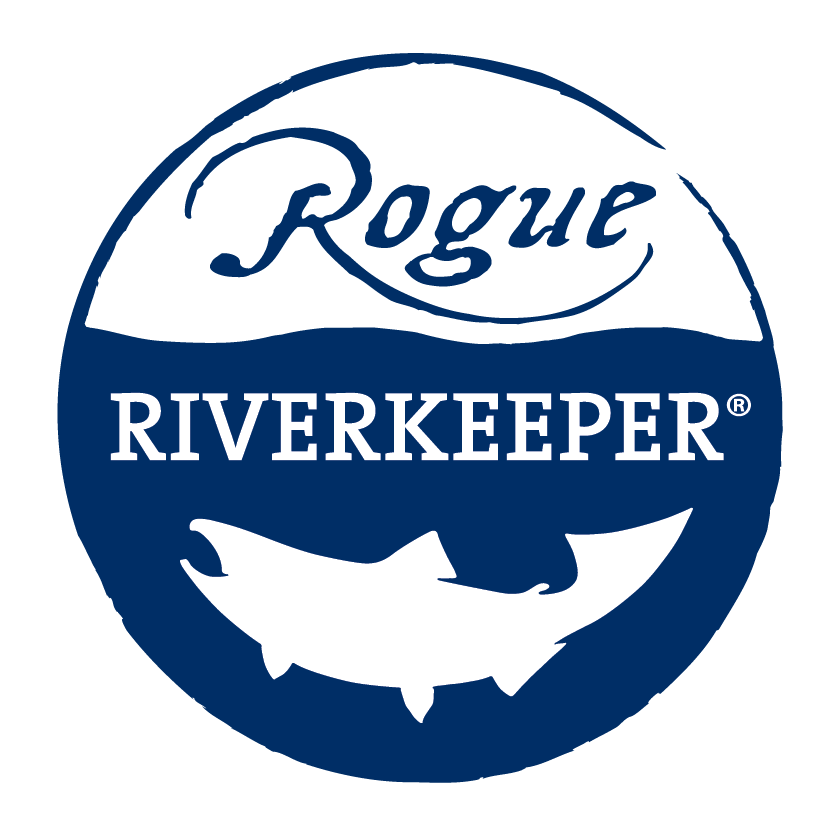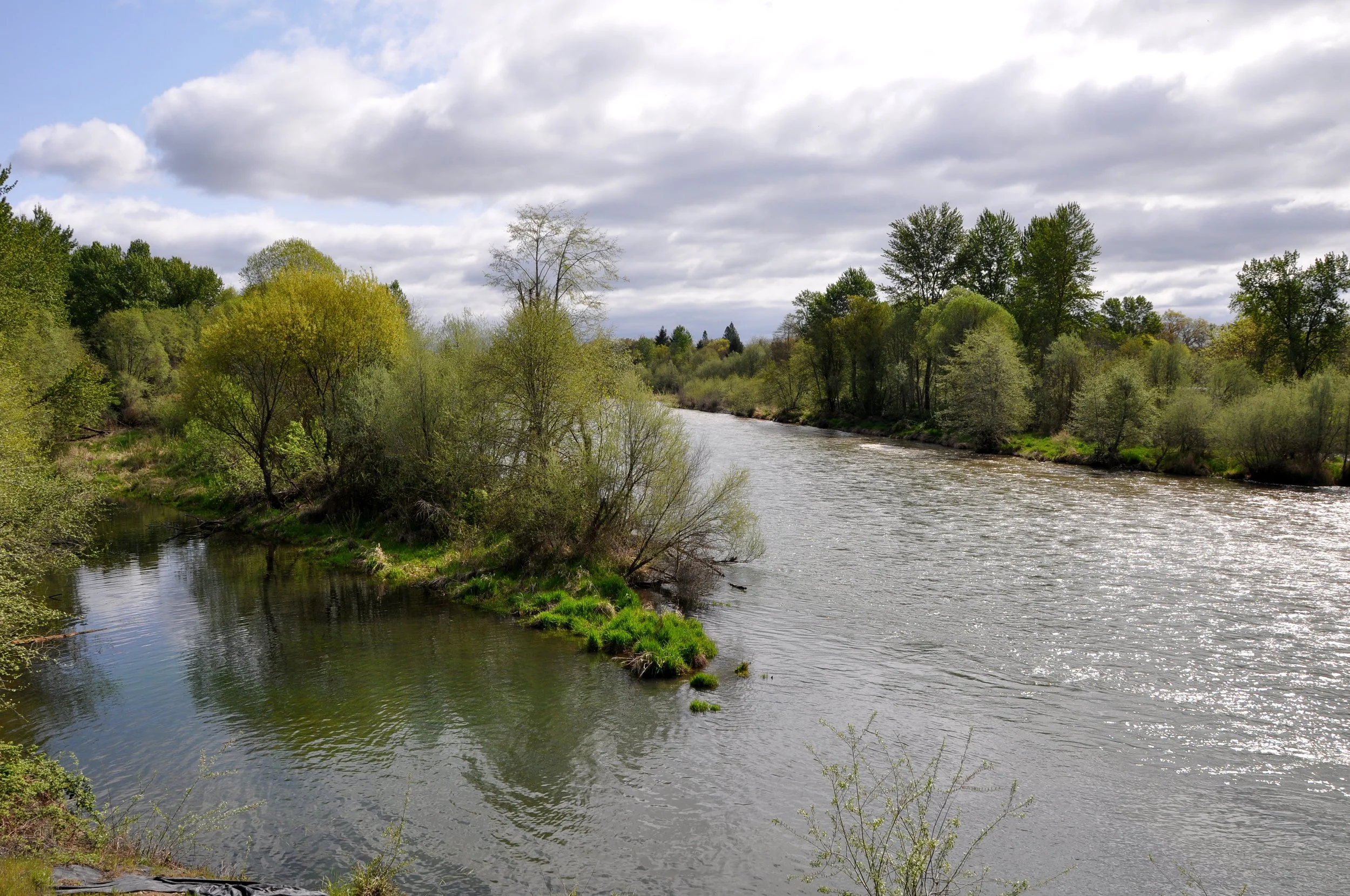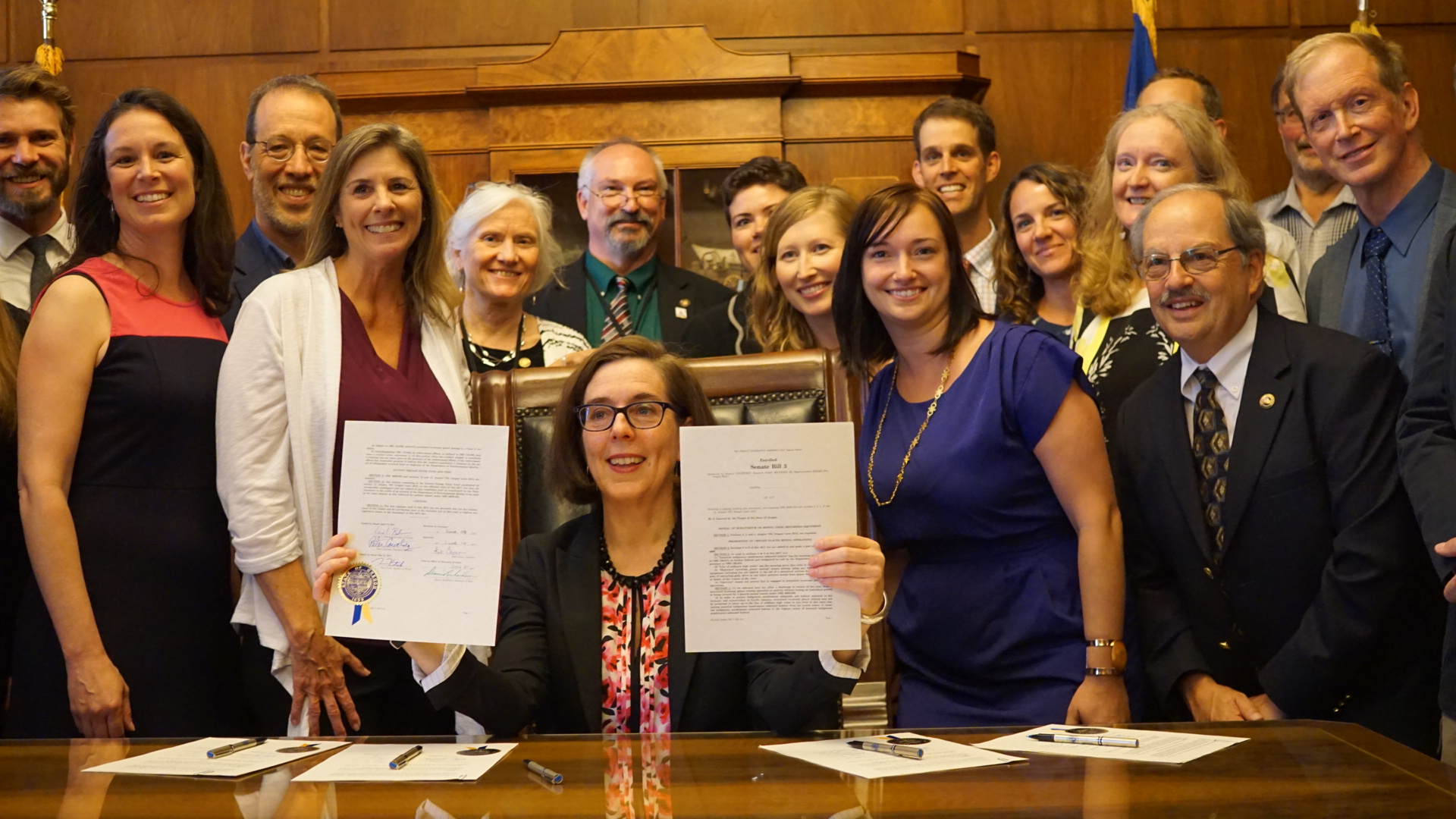Reforming Suction Dredge Mining in the Rogue Basin
Suction dredge mining is a type of recreational gold mining that is particularly concentrated in the Rogue and Umpqua watersheds. It is a form of hobby mining that uses a motorized vacuum to suck up the bottom of rivers and streams to look for gold. This type of mining traps and kills young fish and eggs, smothers spawning gravel for salmon, and stirs up legacy mercury from historic mining operations.
Between 2009-2013, southern Oregon saw a huge increase in suction dredge gold mining operations on the Rogue and in surrounding tributaries. This influx of activity had dramatic effects on clean water, fish habitat, and other recreational uses within the Rogue Basin. Rogue Riverkeeper and a large coalition has worked for years to get reasonable legislation passed to limit the practice in sensitive salmon habitat in the Rogue and other rivers throughout Oregon.
On June 14, 2017, Governor Kate Brown signed the Suction Dredge Reform bill into law, after passing out of the Oregon Legislature with bipartisan support. After years of hard work and compromise, the new law permanently places rivers and streams that provide habitat for sensitive salmon and lamprey off limits from suction dredge mining.
At Rogue Riverkeeper, we work to:
Identify, highlight, and reform harmful in-stream mining practices that impact sensitive fish habitat and clean water;
Come up with sound solutions with diverse stakeholders that will ultimately benefit the river and its aquatic species;
Pass legislation permanently protecting the Rogue, its tributaries, and sensitive fish species;
Hold state agencies accountable to update, monitor, and enforce current laws protecting clean water and fish from in-stream mining practices.



